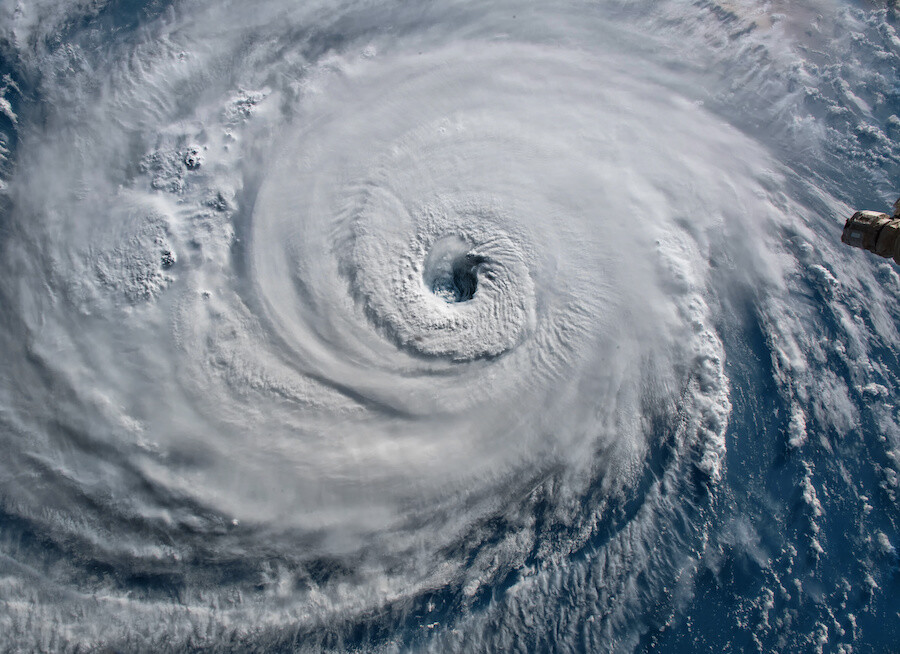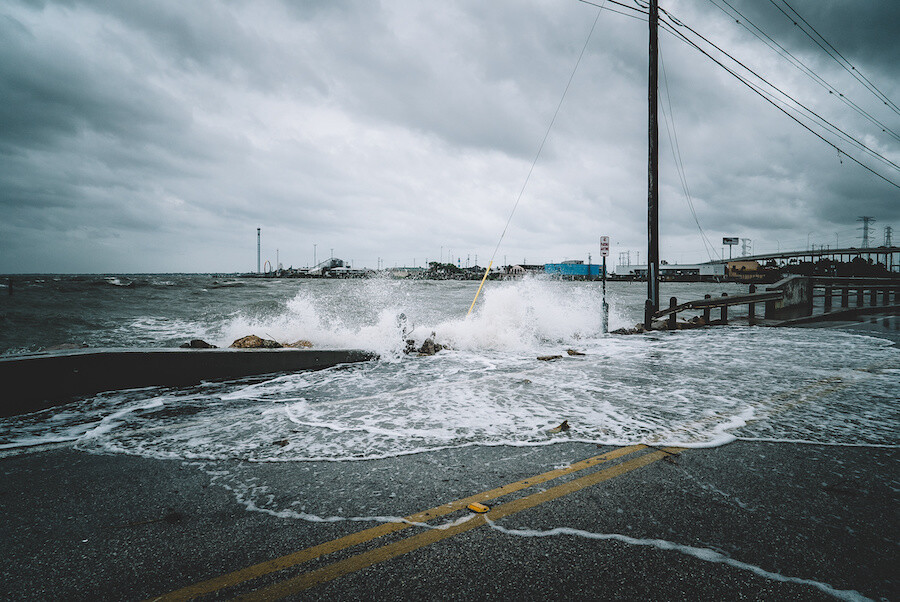Hurricane season is upon us, and while Connecticut is not as frequently affected by hurricanes as some southern coastal areas, it is not immune to the potential impacts of these powerful storms. To ensure the safety and well-being of yourself and your loved ones during hurricane season, it’s crucial to be prepared. Here are some essential tips for Connecticut residents to stay safe and be prepared in the event a hurricane impacts Southeastern Connecticut.
Stay Informed
The first step in hurricane preparedness is staying informed. Keep a close watch on weather forecasts and pay attention to any hurricane watches or warnings issued by the National Weather Service (NWS). Sign up for emergency alerts and notifications through platforms like FEMA’s Wireless Emergency Alerts (WEA) and the Emergency Alert System (EAS) to receive timely updates.
Create a Hurricane Emergency Kit
A well-prepared emergency kit is essential for any disaster situation. Assemble your kit well in advance of hurricane season and include items like:
- Non-perishable food and a manual can opener
- Bottled water (at least one gallon per person per day)
- First-aid supplies and prescription medications
- Flashlights with extra batteries
- A battery-powered or hand-crank radio
- Personal hygiene items and sanitation supplies
- Important documents (passport, insurance papers, identification)
- Cash in small denominations
- Pet supplies if you have pets
Develop an Evacuation Plan
In the event of a hurricane, you may need to evacuate your home. Plan your evacuation route in advance and communicate it with your family members. Identify local shelters or hotels that accept pets if you have them. Consider the needs of elderly family members or individuals with disabilities when planning your evacuation.
Secure Your Home
Prepare your home for a hurricane by taking the following steps:
- Reinforce windows with hurricane shutters or plywood.
- Trim trees and bushes to reduce the risk of debris during high winds.
- Ensure your roof is in good condition and make any necessary repairs.
- Elevate valuable items and electronics in your home to protect them from flooding.
- Secure outdoor furniture and loose objects that could become projectiles in high winds.
Stock Up on Supplies
Stock up on essential supplies well in advance of a hurricane. Grocery stores and gas stations may run out of supplies in the days leading up to a storm. Ensure you have enough food, water, and other necessities to last at least three days.
Health Considerations
Hurricanes can have a significant impact on your health. Here are some health-related tips:
- Keep a supply of necessary medications on hand.
- Stay hydrated to prevent heat-related illnesses during power outages.
- Avoid floodwaters, as they may be contaminated and pose health risks.
- Protect yourself from mosquito-borne diseases by using repellent and wearing long-sleeved clothing.
Stay Connected
Maintain communication with friends and family during a hurricane. Share your whereabouts and safety status regularly. Consider investing in a backup power source for your phone, such as a portable charger or a car charger, as power outages can disrupt communication.

